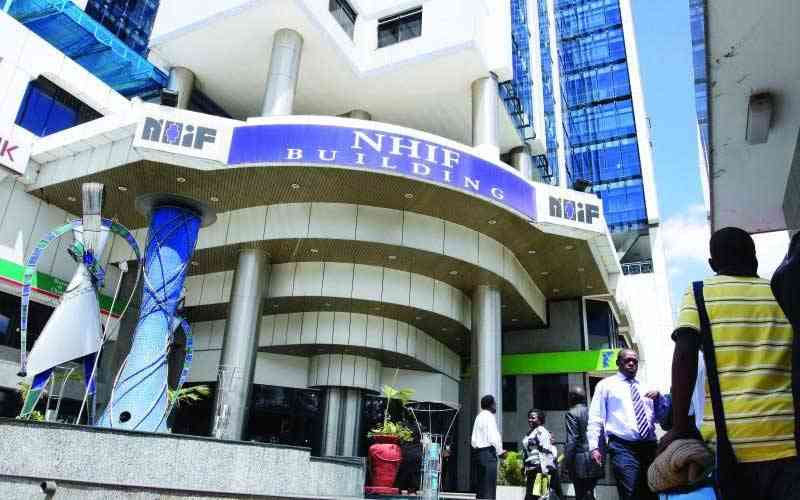×
The Standard e-Paper
Stay Informed, Even Offline

National Health and Insurance Fund (NHIF) acting CEO Samson Kuhora is on the spot over the alleged fraudulent claims and payments to various hospitals.
Dr Kuhoria on Tuesday found himself in the hot seat after legislators launched a 90-day inquiry into the alleged rot at NHIF following claims of medical fraud in Nairobi and Meru counties.